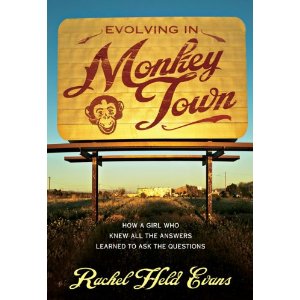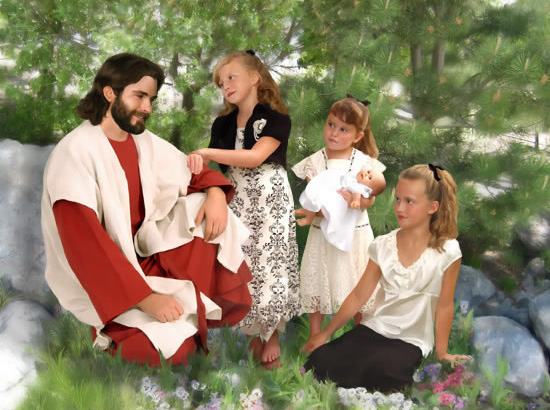I’m becoming convinced that Roger Ebert is one of America’s greatest living writers. His film reviews are always fantastic. His twitter feed is legendary. And in the wake of his illness and recovery and life without the ability to speak — read this Esquire article if you’re not up to date on Ebert’s health — his blog at the Chicago Sun-Times has become a place where he riffs brilliantly on any number of topics.
(Yes, Ebert has also become a political lightning rod, as his liberal politics have come more to the forefront with his blog and tweets. He’s pretty critical of Sarah Palin and the Tea Party movement, and has come under fire in some really nasty ways. But he’s passionate, intelligent, and thoughtful, and those are qualities to appreciate in anyone, regardless of politics.)
Anyway, all this is to call attention to a recent blog post he wrote about his Catholic upbringing and how his mom used to want him to become a priest. It’s a post about sin and salvation and the priesthood and theology, and eventually Ebert describes how his faith fell away:
I was a voracious reader in grade school, and early on began to
question the logic of various tenets of the faith. To be informed it was
necessary for me to believe, just simply believe, was not
satisfactory. If God was perfect, I reasoned, how could He create
anything that contradicted with His creation? This conclusion, reached
in grade school, was later to lead me like an arrow to the wonderful
Theory of Evolution, and to Creationism, which I found an insult to the
Divine.At some point soon after my discovery of Playboy magazine I began to
live in a state of sin, because I simply could not bring myself
to confess certain transgressions to a priest who knew me and could see
me perfectly well through the grid of the Confessional. Logically I was
choosing eternal torment over a minute’s embarrassment. This choice was
easy for me. When I saw Harvey Keitel placing his hand in the flame in
“Mean Streets,” I identified with him. The difference between us was
that long before I reached the age of Charlie in the film, I had lost my
faith.
————-
How often do people lose faith because:
1) they are smart enough to ask hard questions
2) they are honest enough to admit there are some logical inconsistencies in Christian theology and a lot of hard things to understand
3) and yet they are told to “just believe,” as if it’s something you can activate at the flick of a switch?
This is why we get in trouble when we attach certainty to faith. Not everyone is wired toward “just believing.” It’s not that easy. For many of us, willing yourself to believe may be impossible. Some people need to ask questions, and the Church needs to be a place where these can be asked and discussed without fear.
The Church will continue to lose brilliant minds like Roger Ebert if we can’t allow room for uncertainty in the way we talk about and teach and practice our faith. There’s an excellent Francis Bacon quote along these lines:
“If a man will begin with
certainties, he shall end in doubts: but if he will be content to begin
with doubts, he shall end in certainties.”
I know the first part of that quote is true.
And I hope the last part to be true.

